In the last week, the US Space Force awarded SpaceX a $5.9 billion deal to make Elon Musk's space company the Pentagon's leading launch provider, and then it assigned the vast majority of this year's most lucrative launch contracts to SpaceX.
On top of these actions, the Space Force reassigned the launch of a GPS navigation satellite from United Launch Alliance's long-delayed Vulcan rocket to fly on SpaceX's Falcon 9. ULA, a joint venture between Boeing and Lockheed Martin, is SpaceX's chief US rival in the market for military satellite launches.
Given the close relationship between Musk and President Donald Trump, it's not out of bounds to ask why SpaceX is racking up so many wins. Some plans floated by the Trump administration involving SpaceX in recent months have raised concerns over conflicts of interest.
Tory Bruno, ULA's president and CEO, doesn't seem too worried in his public statements. In a roundtable with reporters this week at the annual Space Symposium conference in Colorado, Bruno was asked about Musk's ties with Trump.
"We have not been impacted by our competitor's position advising the president, certainly not yet," Bruno said. "I expect that the government will follow all the rules and be fair and follow all the laws, and so we're behaving that way."
It's a separate concern whether the Pentagon should predominantly rely on a single provider for access to space, be it a launch company like SpaceX led by a billionaire government insider or a provider like ULA that, so far, hasn't proven its new Vulcan rocket can meet the Space Force's schedules.
Military officials are unanimous in their answer to that question: "No." That's why the Space Force is keen to add to the Pentagon's roster of launch providers. In the last 12 months, the Space Force has brought Blue Origin, Rocket Lab, and Stoke Space to join SpaceX and ULA in the mix for national security launches.
Results matter
The reason Bruno can say Musk's involvement in the Trump administration so far hasn't affected ULA is simple. SpaceX is cheaper and has a ready-made line of Falcon 9 and Falcon Heavy rockets available to launch the Pentagon's satellites. ULA's Vulcan rocket is now certified to launch military payloads, but it reached this important milestone years behind schedule.
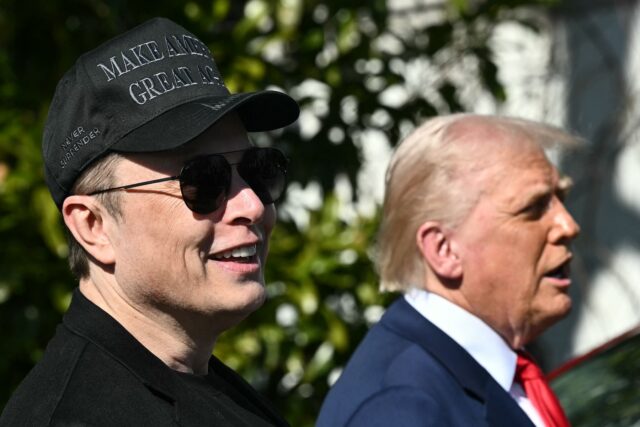
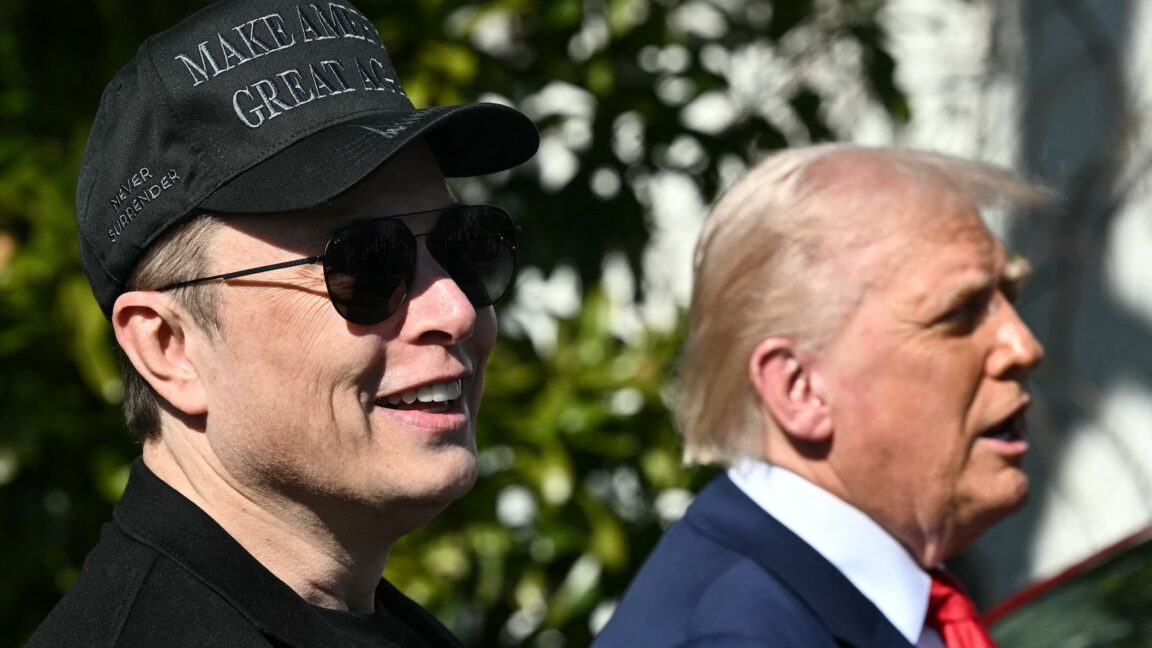
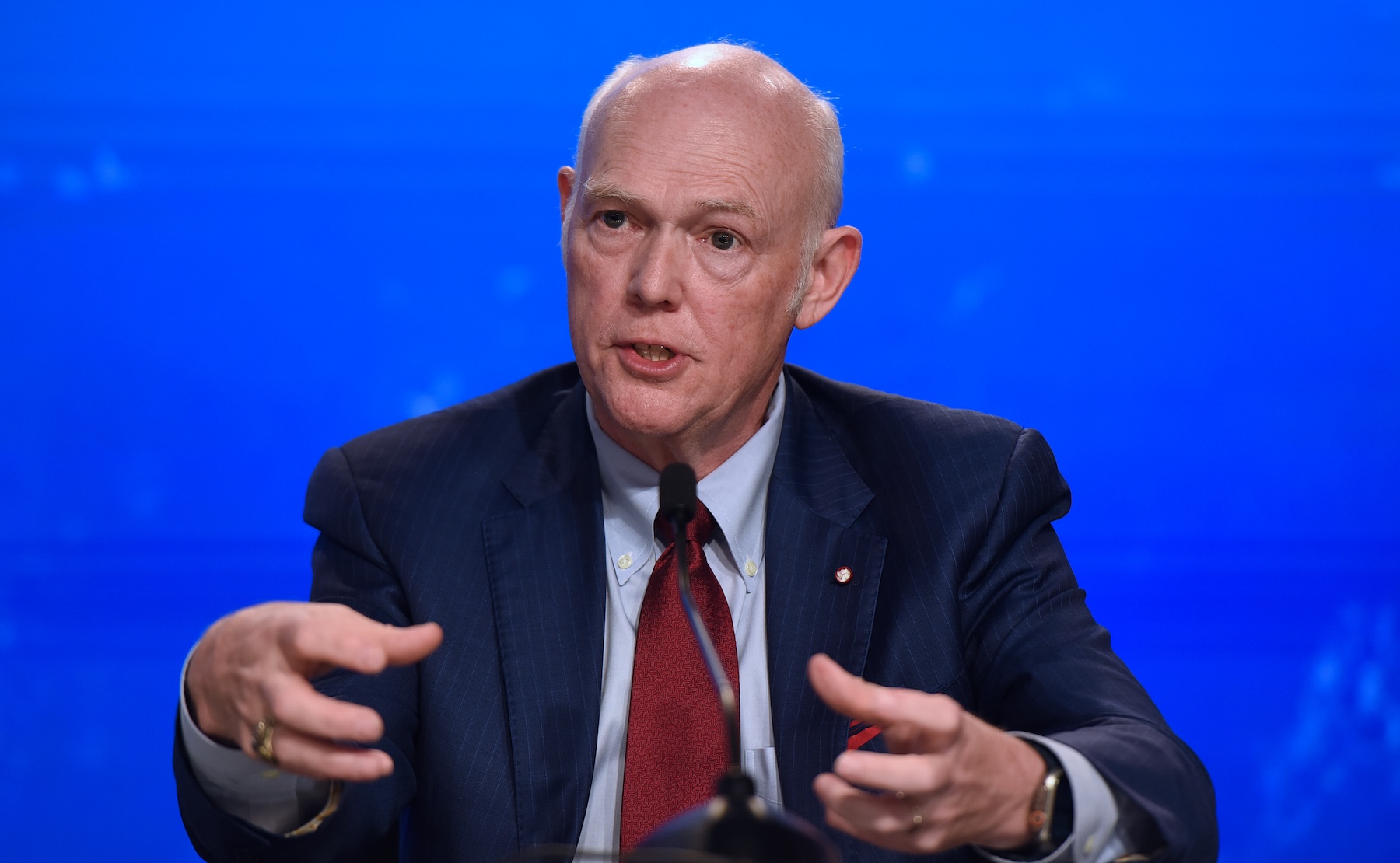
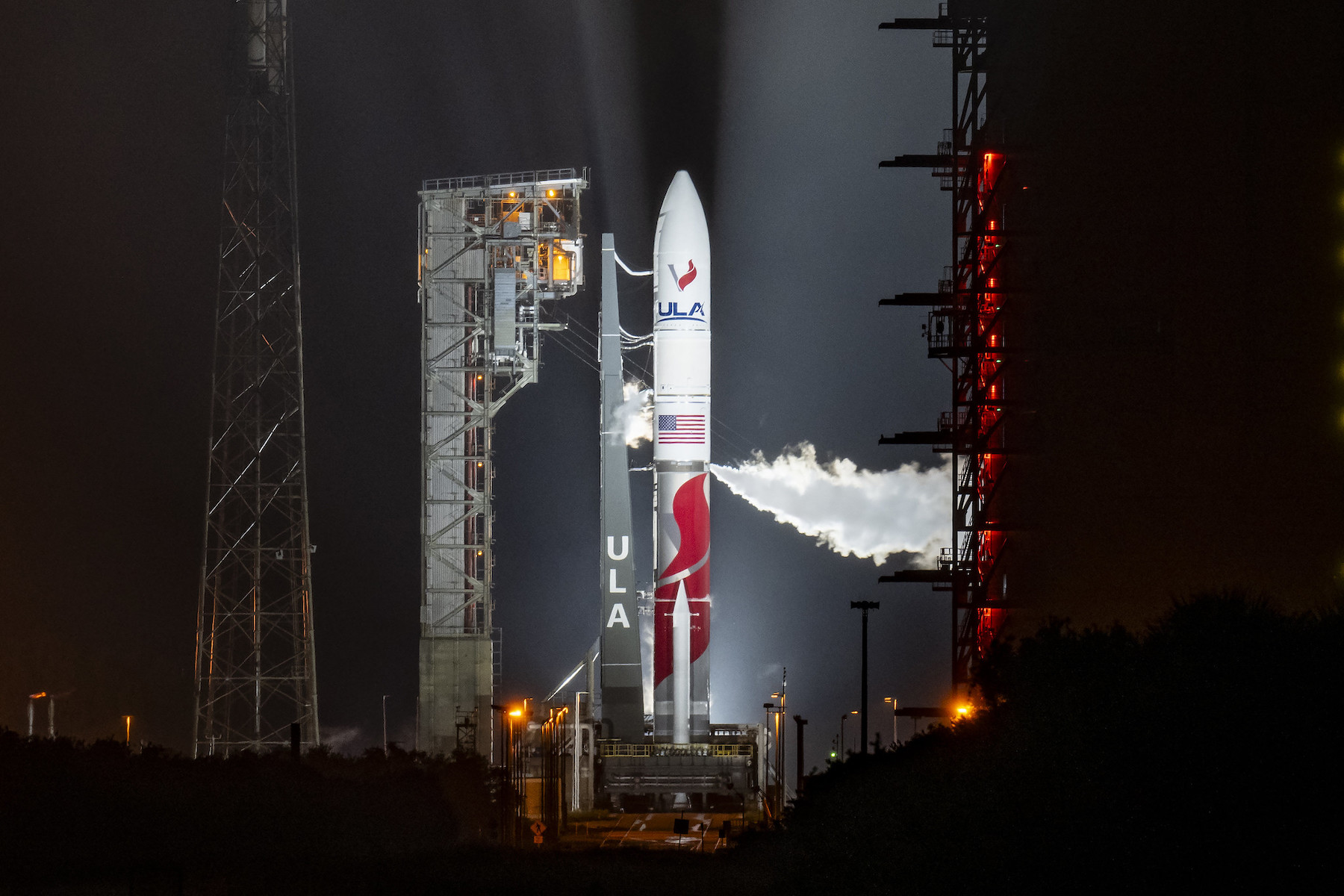
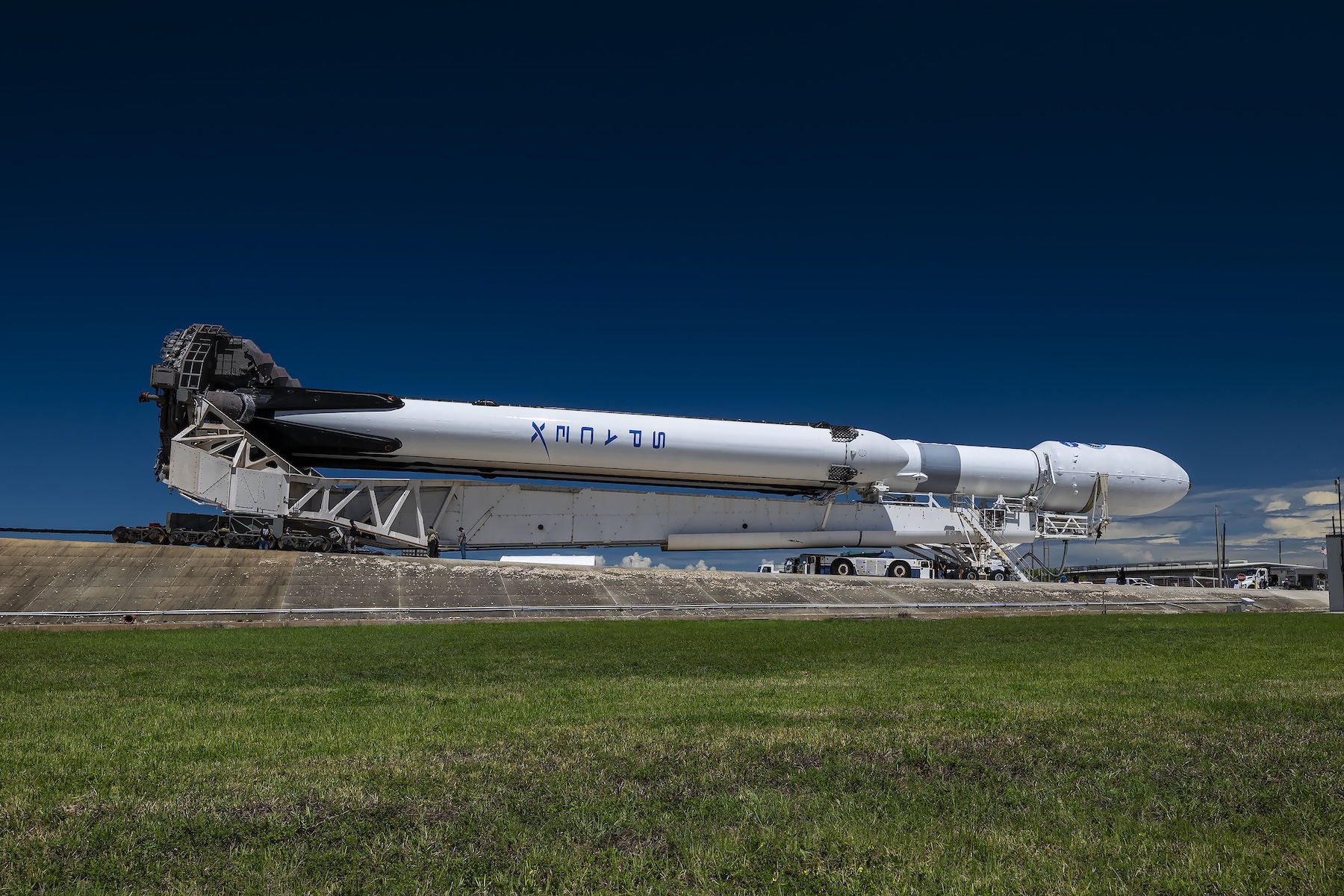

 Loading comments...
Loading comments...
